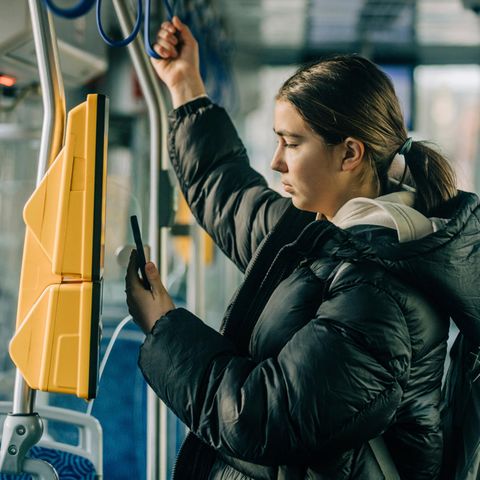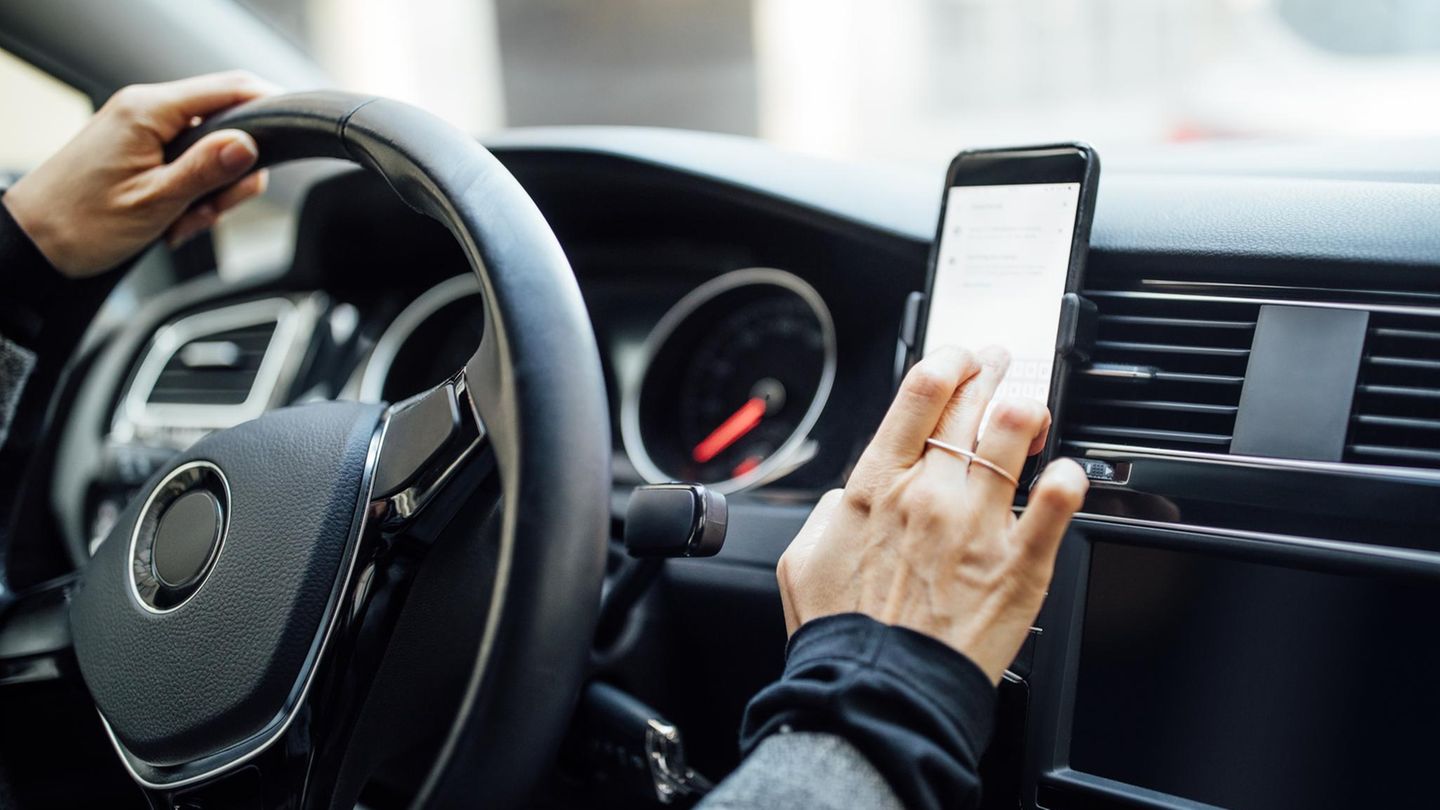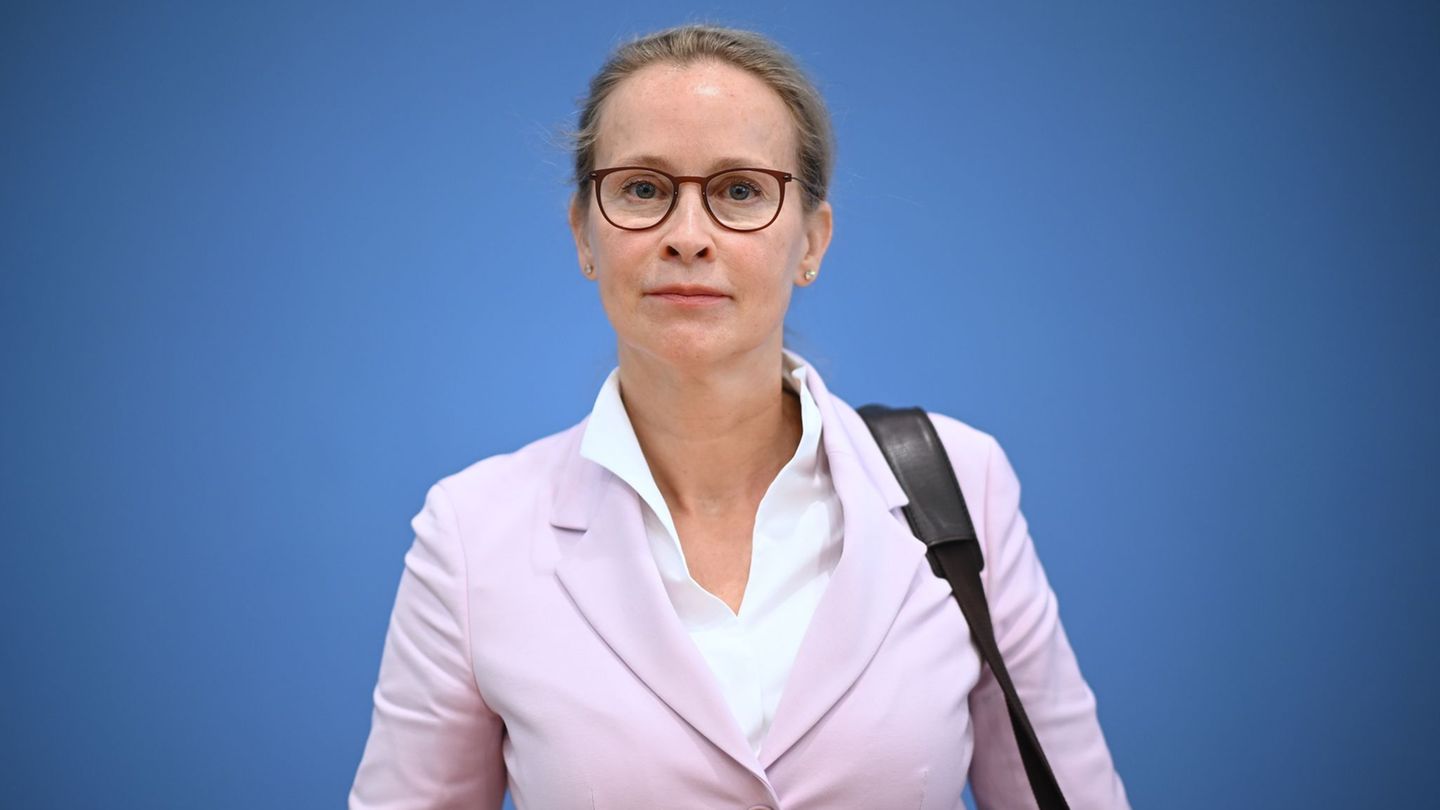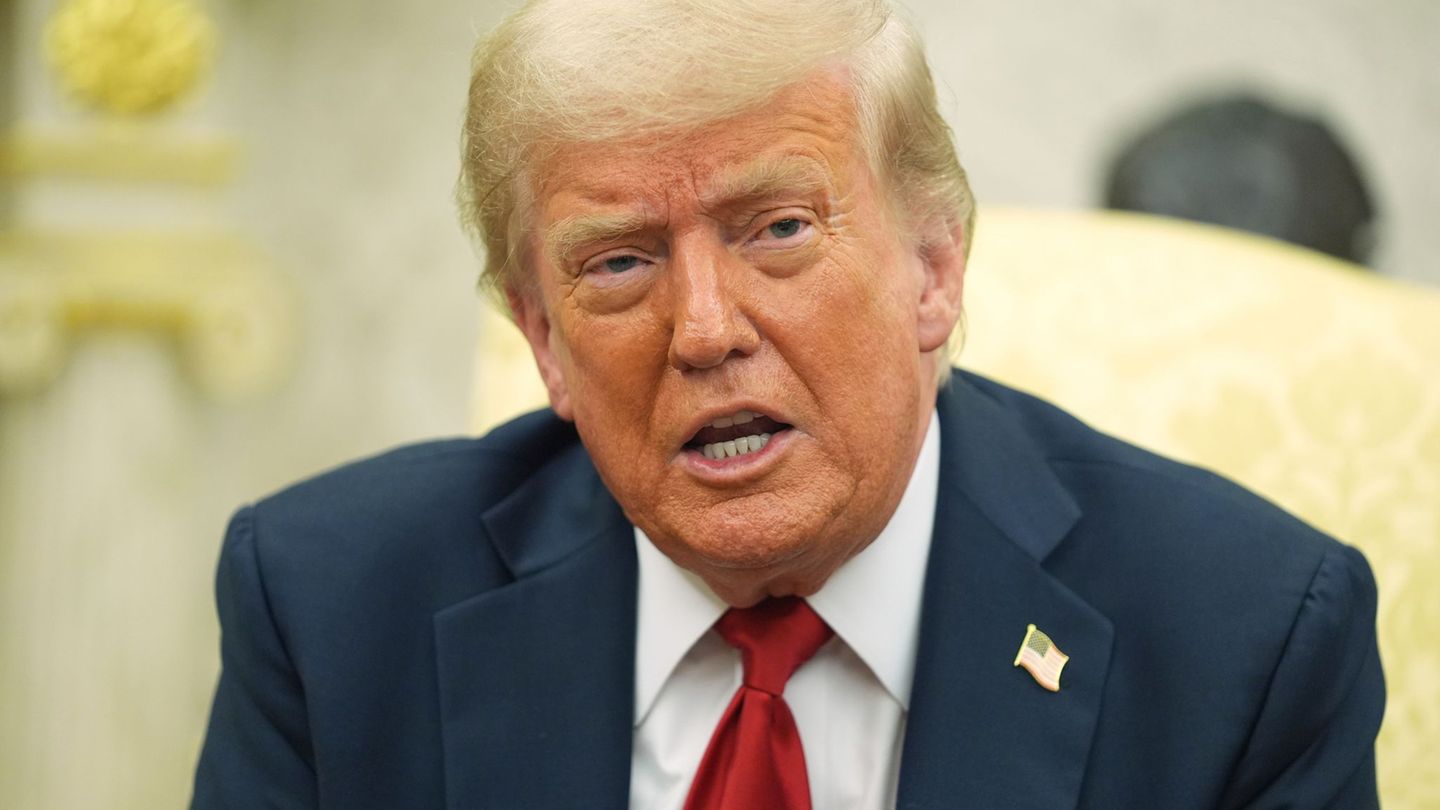Behind the story
Restless in the government district: How I experienced the traffic light going off
Copy the current link
How did that happen, the traffic lights going out? When did the rumors turn into certainty? And what kind of day was it that would turn out to be historic? A look behind the scenes.
On the morning of November 6th, Katja Mast came to the Marie Juchacz Hall on the third floor of the Reichstag, as she does at the beginning of every parliamentary week. Over coffee and buttered pretzels, the SPD parliamentary group manager provides information about current topics in the Bundestag and questions can also be asked. A standard appointment. Actually. There is a strange tension in the air this morning.
How dramatic is the situation, can the traffic light still be managed by a budget? “If you want a solution, there will be a solution,” replies Mast. This can be interpreted in a meaningful way or in a meaningless way. Does the FDP still want a solution? “The FDP has to decide for itself whether it wants to be part of a solution.”
Such awkward and perplexed sentences characterize this morning. This is the basic sound in Berlin’s government district.
What is happening in the Chancellery right now? Is that going well? “I don’t know” is an answer that I’ll hear more often as the day progresses. Nobody can or wants to make a prediction as to whether the Federal Chancellor, his Economics Minister and Finance Minister will still find a solution in their three-way talks. Or the government made up of the SPD, Greens and FDP collapses.
Oh yes, there was something there
At 12:15 p.m. I look through a huge window at the Reichstag building. It’s still standing, as is the traffic light. The “Parliamentary Left” (PL), the left wing of the SPD, invited people to a conference room with this wonderful view. Sixth floor in the Jakob-Kaiser-Haus, i.e. where the MPs have their offices, on this floor mainly those of the AfD. The SPD left uses the room more often. Probably also to annoy the right-wingers a little.
“How could it come to this, how did it come to this?” asks Wiebke Esdar to the perplexed faces of journalists. The PL spokeswoman admitted that she was “frustrated”: Donald Trump was re-elected US President a few hours ago, and she would have liked to see Kamala Harris as the winner. Oh yes, there was something else that day.
The US election seems to play only a minor role that day, at least in the Berlin bubble. In any case, there should be no “hanging out” with the budget, emphasizes Esdar, and the situation in the USA has made an agreement even more urgent. “It is important that we are able to act in these times,” adds co-spokeswoman Dagmar Schmidt.
The traffic light was de facto at its end
The curtains in the Chancellery are still drawn, nothing can come out. It is now evening. After a background conversation from which it is not permitted to quote, I return to… star-Office back. In the belief that it could bang – but not today. On the day of the Trump election? They can’t do that…
The traffic light factions continue to work as normal, even negotiating laws that should be passed in the future. So there is still a future for traffic lights, I think, or at least enough MPs in Parliament still believe there is.
A little later the breaking news pops up on my cell phone: Lindner is offering Scholz new elections. At 8:35 p.m. the news comes: Scholz refuses – and dismisses the finance minister. The traffic light coalition is de facto at an end.
At around 9 p.m. I’m back on the third floor of the Reichstag building, where in the morning there was still coffee and pretzels and, at best, premonitions. All traffic light groups had called for special meetings. To explore the situation and discuss how to proceed. Things are happening in quick succession now.
9:18 p.m.: Chancellor Scholz announces the expulsion of his finance minister in the Chancellery. It is a reckoning, a dismantling.
9:58 p.m.: Christian Lindner steps out of the elevator in front of the many television cameras set up in the Reichstag and practically denies the Chancellor any competence for his office.
10:31 p.m.: Chancellor Scholz is received by the SPD parliamentary group with minutes of applause.
10:39 p.m.: The Green Party leadership also arrives in the Reichstag, Vice Chancellor Robert Habeck has a forced grin on his face. A Green woman jokes as she passes by: “Is there anything here? Free beer?” Dozens of journalists are also hanging around in front of the Green Party parliamentary group hall.
11:04 p.m.: SPD parliamentary group leader Rolf Mützenich explains after the special meeting that everyone in the SPD parliamentary group felt that the Chancellor’s decision was a difficult but necessary one.
Around midnight, my colleagues and I leave the Bundestag, our notepads full of writing – and get down to the actual work, the reconstruction of a historic day.
Source: Stern
I have been working in the news industry for over 6 years, first as a reporter and now as an editor. I have covered politics extensively, and my work has appeared in major newspapers and online news outlets around the world. In addition to my writing, I also contribute regularly to 24 Hours World.





